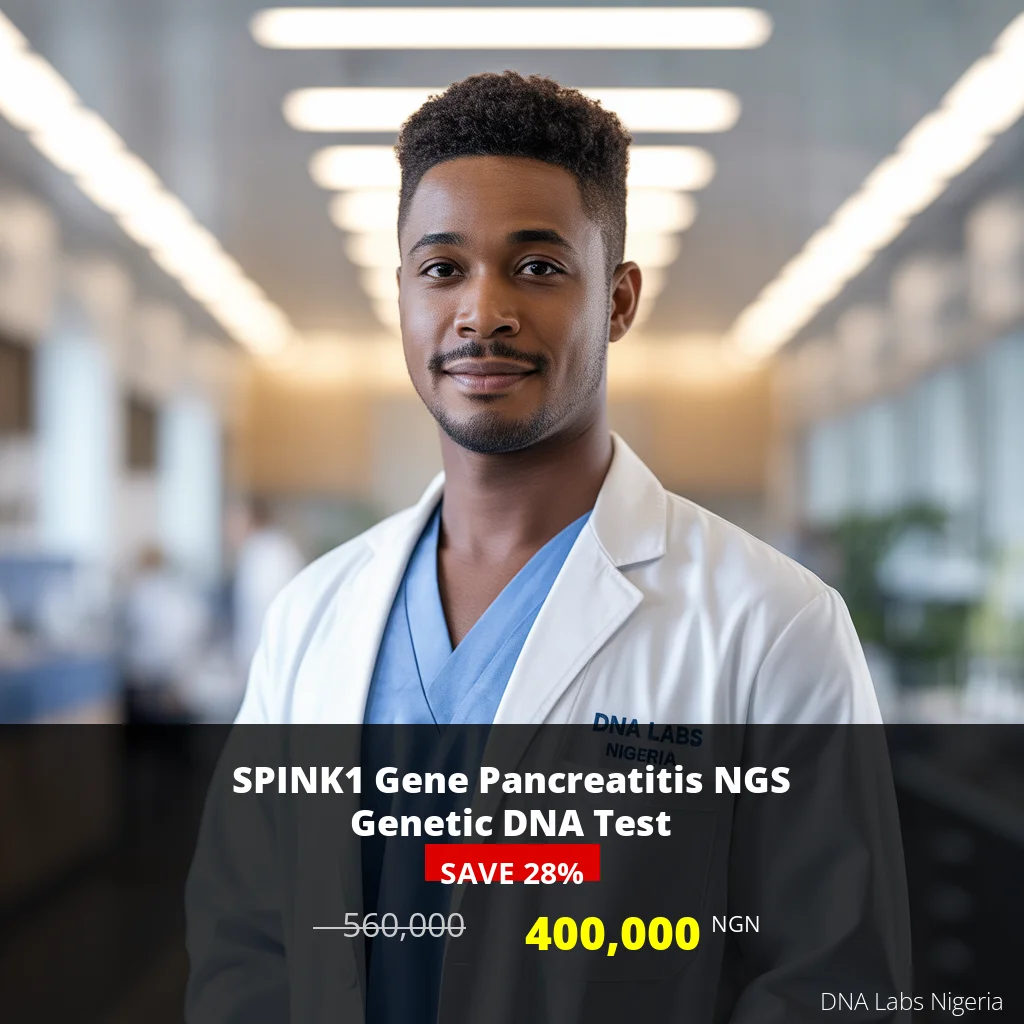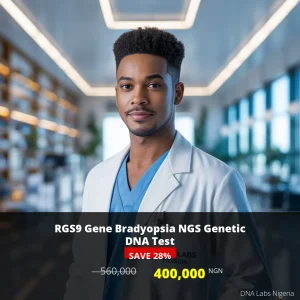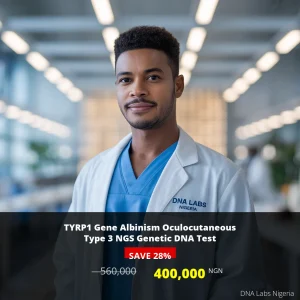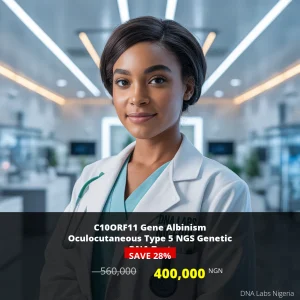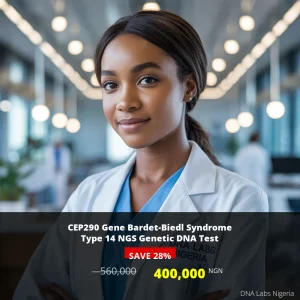SPINK1 Gene Pancreatitis NGS Genetic DNA Test
Introduction
The SPINK1 Gene Pancreatitis NGS Genetic DNA Test is a state-of-the-art diagnostic tool designed to detect genetic mutations in the SPINK1 gene, which are linked to an increased risk of developing pancreatitis. Understanding your genetic predisposition is vital for early intervention and personalized healthcare strategies.
What the Test Measures
This test utilizes Next Generation Sequencing (NGS) technology to analyze the SPINK1 gene, identifying any mutations that could lead to pancreatitis. By understanding these genetic markers, healthcare providers can better manage and prevent the onset of this painful condition.
Who Should Consider This Test
Individuals with a family history of pancreatitis or those experiencing symptoms such as severe abdominal pain, nausea, or unexplained weight loss should consider this test. Risk factors include genetic predisposition and certain lifestyle choices.
Benefits of Taking the Test
- Identifies genetic predispositions to pancreatitis.
- Facilitates early diagnosis and treatment.
- Guides lifestyle and dietary changes to prevent complications.
- Informs family planning and genetic counseling options.
Understanding Your Results
Results from the SPINK1 Gene Pancreatitis NGS Genetic DNA Test will indicate whether any mutations are present. A genetic counselor will help interpret the results and discuss potential implications for you and your family.
Test Pricing
| Test Name | Discount Price (NGN) | Regular Price (NGN) |
|---|---|---|
| SPINK1 Gene Pancreatitis NGS Genetic DNA Test | 400,000 NGN | 560,000 NGN |
Book the Test
To schedule your SPINK1 Gene Pancreatitis NGS Genetic DNA Test, please contact us at +2348110567037 or visit our website to book your appointment. Our team is ready to assist you in taking this important step towards understanding your health.
Additional Information
- Turnaround Time: 3 to 4 Weeks
- Sample Type: Blood or Extracted DNA or One drop Blood on FTA Card
- Pre-Test Instructions: Clinical History of Patient required. A Genetic Counselling session to draw a pedigree chart of family members affected with SPINK1 Gene Pancreatitis NGS Genetic DNA Test gene SPINK1 is recommended.
- Specialty: General Physician
- Department: Genetics
- Method: NGS Technology
- Disease Type: Hepatology Nephrology Endocrinology Disorders

